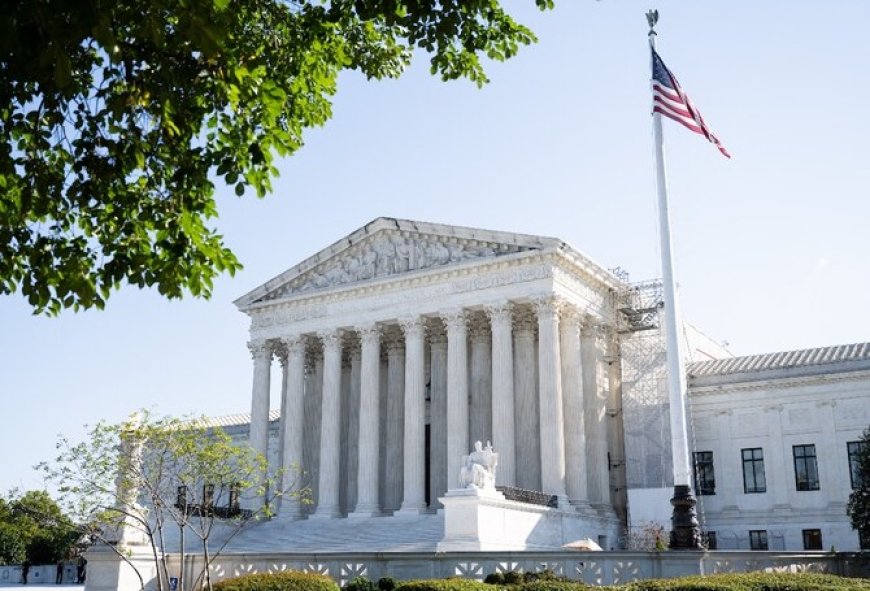Supreme Court Ready to Decide on Controversial "Ghost Gun" Rule

The U.S. Supreme Court will hear a major issue on federal laws on "ghost guns," a term used to describe weapons supplied in easily assembled kits devoid of serial numbers and typically untraceable on October 8, 2024. This action will contest a 2022 Bureau of Alcohol, Tobacco, Firearms and Explosives (ATF) rule mandating that ghost guns be handled under federal law as conventional weapons.
These weapons must be serialised according to ATF rules, which also mandate background checks for purchasers. Commercial vendors of "buy-build-shoot" kits also have to be licensed and keep sales records. This action was taken in reaction to the concerning increase in gun violence connected to ghost guns—increasingly discovered at crime scenes. Ten times from just five years before, ATF figures show that about 20,000 ghost weapons were recovered at American crime scenes in 2021.
Defending the ATF rule, Attorney General Merrick Garland said that it is necessary to stop criminals and anyone banned from possessing firearms from getting untraceable weapons. He contends that the control fits the Gun Control Act of 1968, which seeks to guarantee public safety by means of tracking and monitoring of firearms.
Gun rights supporters and gun makers, meanwhile, have launched a court battle to this rule claiming it exceeds ATF power. Declaring that Congress rather than an executive agency should have jurisdiction over such regulatory authority, a federal judge in Texas decided in favour of the challengers. A conservative-dominated appeals court maintained this decision, hence the Biden government appealed to the Supreme Court.
The Supreme Court granted a stay on the lower court's order in a narrow 5-4 vote, therefore allowing the ATF control to continue while the justices hear oral arguments on Tuesday. The result of this case might have broad ramifications for gun control in the United States, especially as the nation struggles with increasing gun violence and questions about untraceable guns.
Gun rights groups contend in their papers to the Court that ghost gun kits shouldn't be categorised as "firearms" as stated in the Gun Control Act and that a "incomplete collection of parts" shouldn't be categorised as a "weapon." Using an analogy with IKEA, Solicitor General Elizabeth Prelogar refuted this claim. She said that a corporation selling kits meant to be built into usable weapons is really in the business of selling firearms, same as IKEA cannot dodge taxes by classifying its furniture as "parts kits."
The ramifications for gun control and public safety teeter on the brink as the Supreme Court gets ready to render its ruling—probably by the end of June 2025. The case underlines the continuous national discussion on the right to bear weapons and the necessity of strong policies to reduce gun violence in a society where weapons are rather present in the cultural scene.
This case not only challenges the limits of executive power in controlling weapons but also illustrates the greater society fight to strike a compromise between the Second Amendment rights of people and the urgent demand for efficient gun control policies. Advocates on both sides of the argument keep speaking out while the country waits for the Court's decision, so highlighting the divisive character of gun control in America.













































